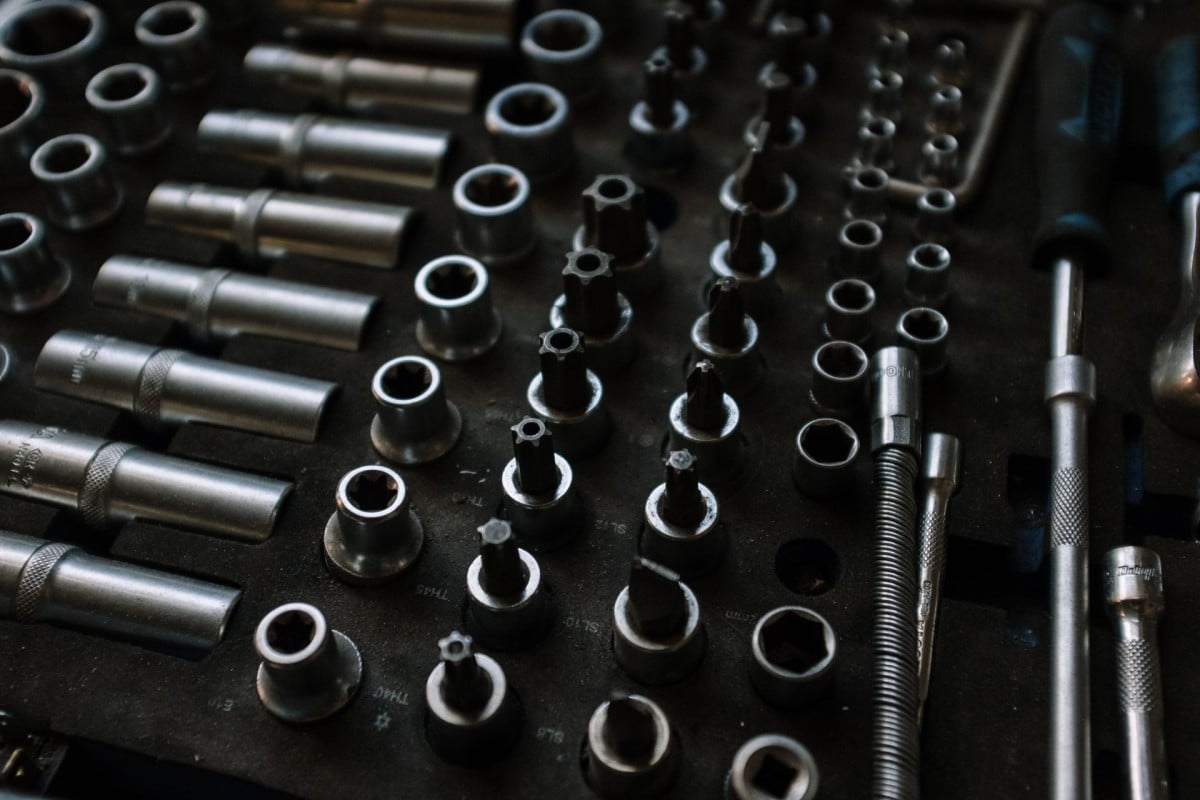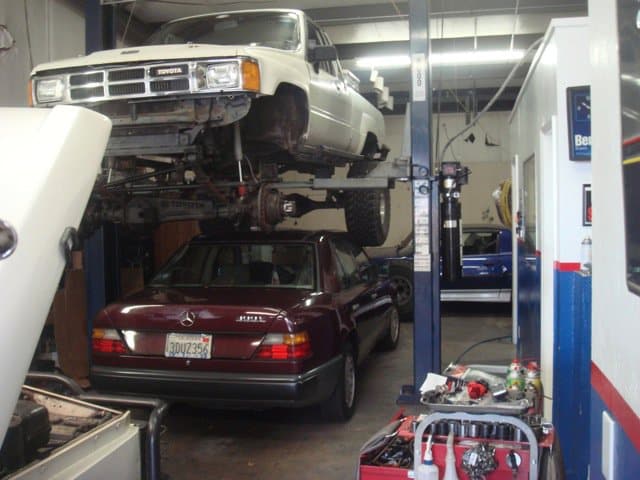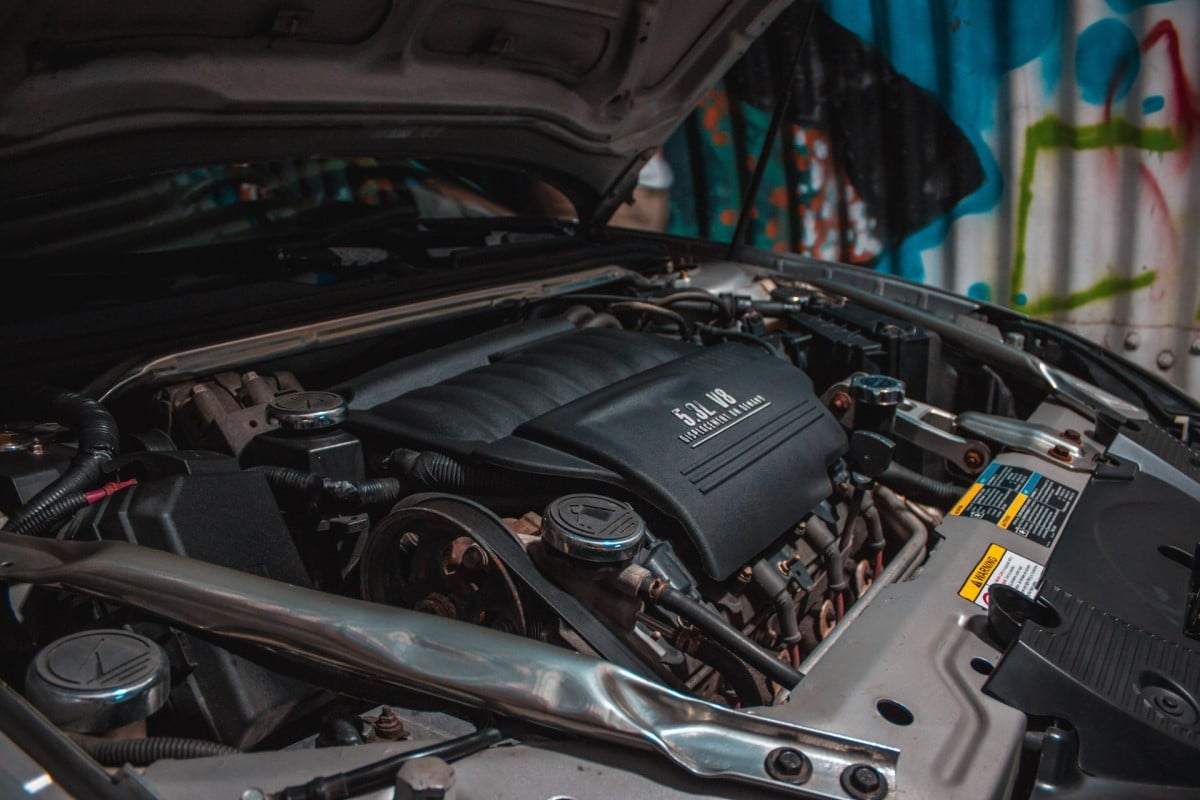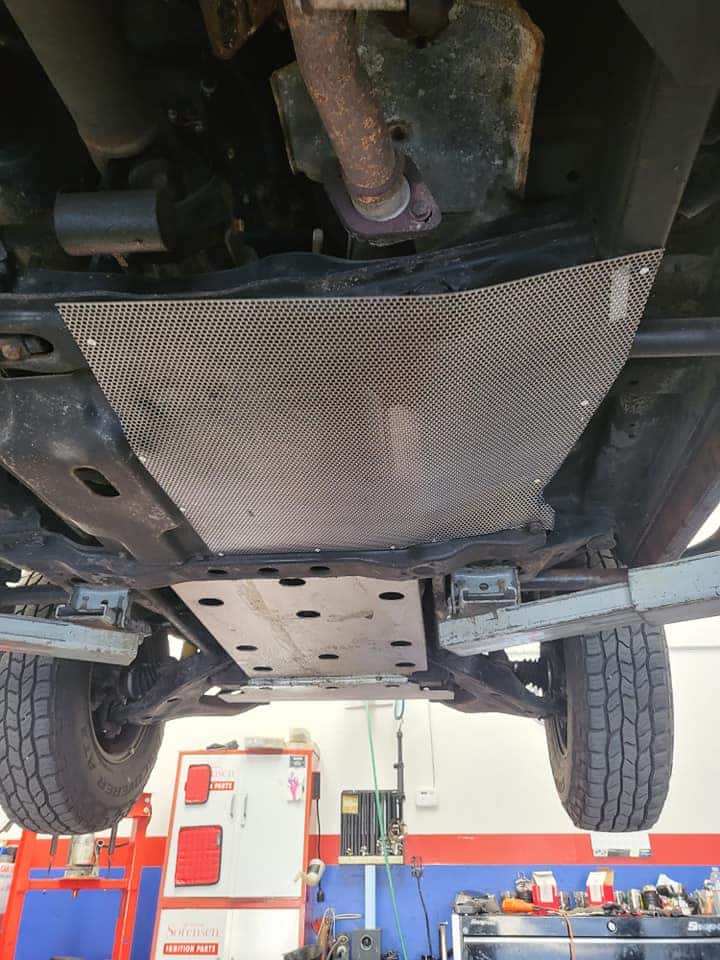Being a car owner is about more than just driving from point A to point B. It's about understanding how your vehicle operates and how to keep it running in tip-top shape. One of the key maintenance tasks that affect both the performance and longevity of your vehicle is the oil change. But how exactly does an oil change influence fuel efficiency? And what are the proper intervals for oil changes? Grab a cup of coffee, pull up a chair, and let's dive in.
The Importance of Regular Oil Changes
Imagine your car's engine as a well-oiled machine. Literally. The oil lubricates the intricate parts of the engine, reducing friction and preventing overheating. Now, consider what happens when that oil gets old and grimy. It becomes less efficient at lubricating those parts, causing greater resistance in the engine. This, in turn, makes your car work harder, burning more fuel. Hence, regular oil changes are a simple yet effective way to improve your car's fuel efficiency.
The Right Interval for Oil Changes
There's no one-size-fits-all answer to the question of how often you should change your oil. The ‘every 3,000 miles' rule that you may have heard is a bit outdated. Today's vehicles and oil types offer much more flexibility. Typically, for newer cars with synthetic oil, an oil change every 5,000 to 7,500 miles is recommended. However, factors such as your driving habits, the type of oil used, and the vehicle's age and model can influence this interval.
Finding the Balance
While it's clear that regular oil changes contribute to better fuel efficiency, it's also important to find a balance. Overly frequent oil changes may not necessarily lead to increased fuel efficiency, but rather, an unnecessary expense. On the other hand, delaying an oil change can lead to engine damage and decreased performance. The trick is to follow your manufacturer's recommendations, monitor your car's performance, and adjust as necessary.
Saving More Than Just Fuel
Yes, regular oil changes can help improve your car's fuel efficiency. But the benefits don't stop there. Changing your oil at the recommended intervals can extend the life of your engine, stave off potentially costly repairs, and maintain your car's resale value. Not to mention, it's a simple way to keep your vehicle running smoothly and efficiently.
So, the next time you're considering skipping that oil change, think about the impact on your fuel efficiency and the overall health of your vehicle. Let's face it, a trip to the auto repair shop is far more convenient than being stranded on the side of the road with an overheated engine. From our professional standpoint, maintenance is always cheaper than repair.
Don't wait for your engine to start making strange noises or for your fuel efficiency to plummet. Get your oil changed on time, every time. If you're unsure about when your next oil change should be, or if you need help with other auto repair services, feel free to reach out. We're here to help you stay on top of vehicle maintenance, improve fuel efficiency, and keep your car running at its best.












